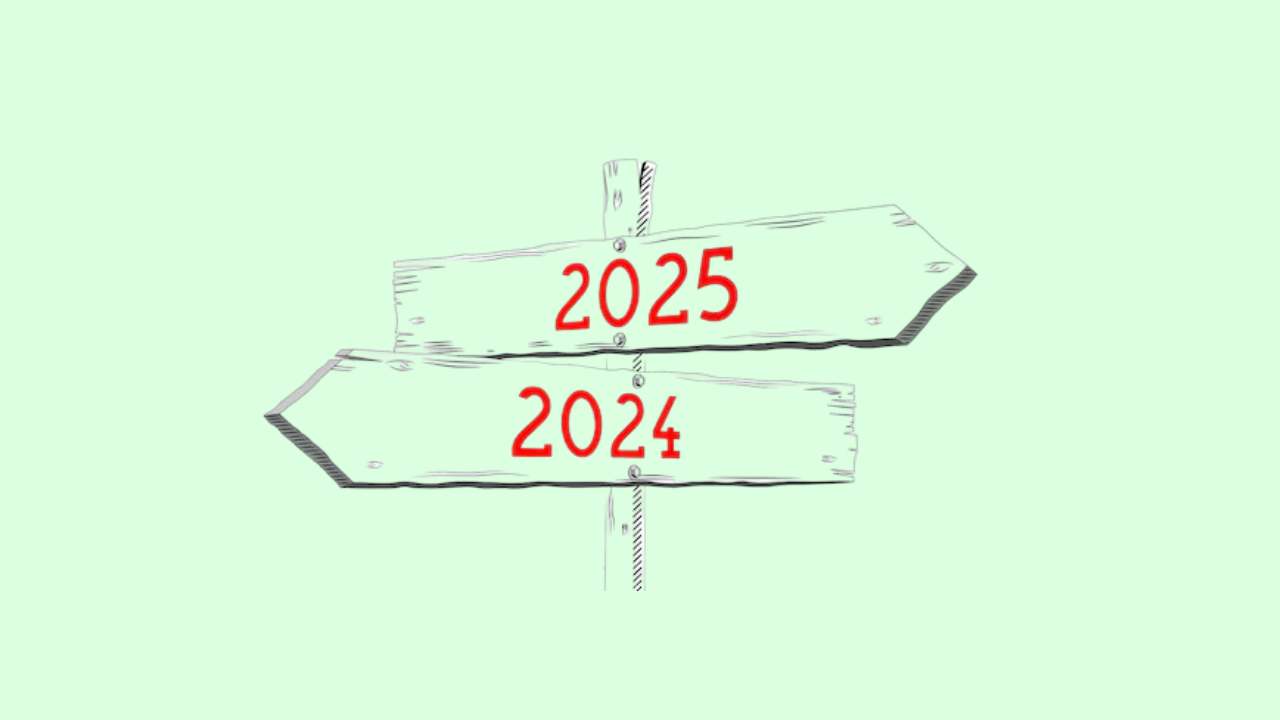
Crisis Communication Trends for 2025
- Paul HACQUIN
- Dec 13, 2024
- 2 min read
The world of crisis communication doesn’t take holidays. As brands continue to stumble into controversies, the rules of the game are evolving. Based on insights from global experts and journalists, here are the trends poised to reshape the field in 2025. Spoiler: this isn’t your typical AI-heavy forecast.
1. Ethics over optics
In the court of public opinion, authenticity reigns supreme. Gone are the days of spin doctors prescribing carefully curated statements without substance. Ethics-first crisis responses are the new standard.
Case in point:
After accusations of exploiting workers, H&M pivoted hard, publishing a "Transparency Report" detailing supply chain conditions and partnering with NGOs to hold themselves accountable. Critics may have raised eyebrows, but the brand earned credibility by showing receipts — literally. Expect more companies to prioritize meaningful action over performative apologies.
2. Local voices, global impact
The days of centralized, one-size-fits-all messaging are over. Multinational brands are increasingly tailoring their crisis responses to resonate with regional audiences, acknowledging cultural nuances and local concerns.
Real-world example:
Coca-Cola’s 2023 boycott in India due to water scarcity concerns highlights the need for this approach. Instead of a generic statement, the company launched localized campaigns addressing water conservation efforts specific to Indian communities, signaling an understanding of the problem’s roots. Moving into 2025, brands will need to embrace hyper-local storytelling to mend fences.
3. Speed meets substance
In the TikTok era, time is of the essence. Waiting 24 hours to issue a statement now feels like an eternity, but rushing out shallow messages risks even greater backlash. Striking the balance between timeliness and depth is an art brands must perfect.
Illustrative example:
When Patagonia faced allegations over its suppliers' labor practices, the company didn’t panic. Within hours, it issued a brief acknowledgment of the concerns, followed by a comprehensive action plan within 48 hours. Their measured but swift response set a benchmark for handling modern crises.
The takeaway
Crisis communication in 2025 is about evolution, not revolution. Companies that succeed will be those that listen more, act ethically, and respond nimbly to global and local needs. Gone are the days of sweeping missteps under the rug — because in the age of social media, rugs don’t exist, and everything is on full display.
The playbook is changing. Are you ready to keep up?



Comments